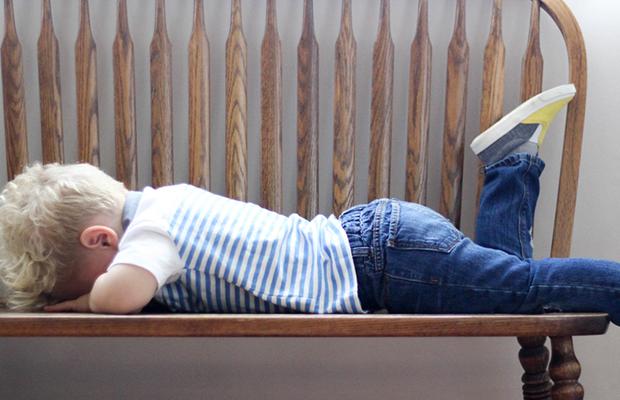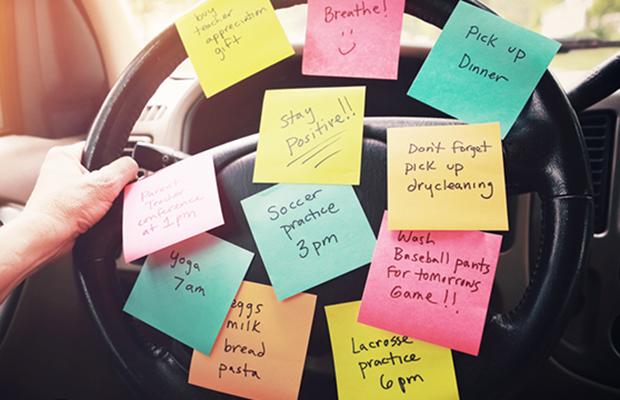The College Search Adventure
Picking a college to attend is one of the biggest steps into the journey of adulthood. So many external forces are in play - it can be difficult to the student to focus on their own development and how that impacts the college decision. This People Stripes article offers a useful perspective on this adventure.



_thumb.png)









